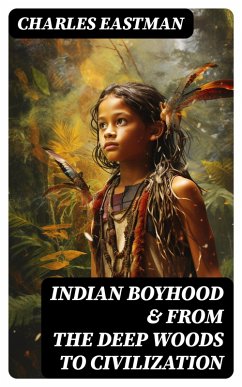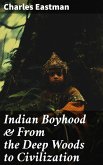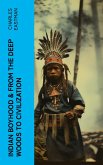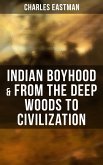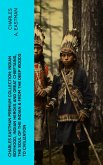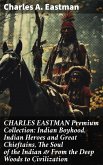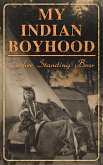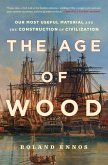In "Indian Boyhood" and "From the Deep Woods to Civilization," Charles Eastman delivers an evocative portrayal of Native American life and culture through his own experiences. These two works weave a narrative that melds autobiography with cultural exposition, showcasing Eastman's mastery of storytelling. The prose is rich and lyrical, capturing the beauty and complexity of Sioux traditions while simultaneously reflecting on the tumultuous transition that Indigenous peoples faced during the late 19th and early 20th centuries. Together, the books serve as profound testaments to the resilience of Indigenous identity in the face of colonial pressures. Charles Eastman, a Sioux physician educated at Dartmouth College, was not only a pioneer in his field but also a passionate advocate for Native American rights. His upbringing in a traditional Sioux community imbued him with a deep understanding of Indigenous customs, which influenced his writings. Eastman's unique position bridging both Native and Western cultures provides valuable insight into the cultural struggles facing his community as he sought to articulate their narratives within a rapidly changing world. This dual-volume work is highly recommended for readers interested in Indigenous studies, American history, and the art of storytelling. Eastman's rich narrative not only informs but also challenges stereotypes, offering readers an authentic glimpse into Native American life. It is essential for anyone seeking to understand the historical context and enduring spirit of the Sioux people.
Dieser Download kann aus rechtlichen Gründen nur mit Rechnungsadresse in A, B, BG, CY, CZ, D, DK, EW, E, FIN, F, GR, H, IRL, I, LT, L, LR, M, NL, PL, P, R, S, SLO, SK ausgeliefert werden.

